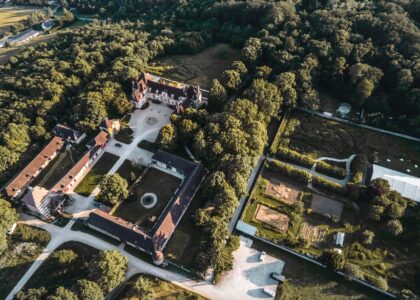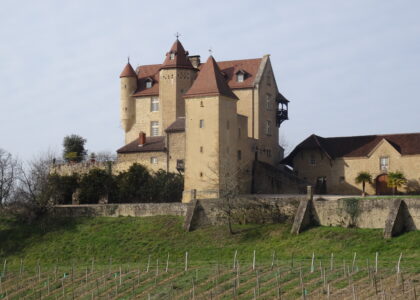Welcome to the Rural Historical Society, a gateway to the rich past of Waupaca, Wisconsin. Founded as a testament to the region’s vibrant history, this society preserves the stories of those who shaped the town and surrounding areas. In 1849, the first wave of settlers arrived, drawn by the promise of the Waupaca River’s falls. This group of five men from Vermont laid the foundation for what would become a thriving community.
The town of Waupaca itself is steeped in history, its name derived from the Menominee word ‘Wāpahkoh,’ meaning ‘Place of Tomorrow Seen Clearly.’ The Menominee people were the original stewards of the land, living in harmony with its rivers and forests for centuries before the arrival of European settlers. The transition from indigenous stewardship to European settlement marked a significant shift in the area’s development.
During the mid-19th century, Waupaca grew steadily, bolstered by the arrival of the railroad in 1871, which opened new avenues for commerce and trade. The town became a hub for potato farming, with the fertile lands contributing to its reputation as a leading producer in the nation by the early 20th century.
One cannot discuss Waupaca’s history without mentioning the Chain O’ Lakes, a series of interconnected spring-fed lakes that became a popular resort destination in the early 1900s. Tourism flourished as visitors were captivated by the natural beauty of the area, further enriching the cultural tapestry of Waupaca.
Notable figures have also left their mark on this region. The Chandler family, early settlers from New Hampshire, established the Chandler Settlement near what is now the Waupaca Municipal Airport. Their influence is still felt today, with the Chandler name woven into the local history.
As you explore the Rural Historical Society, you’ll find yourself stepping back in time, with guided tours of historic homes and cemeteries that tell the stories of Waupaca’s early inhabitants. Each building and artifact offers a glimpse into the lives of those who lived and worked here, preserving their legacy for future generations.




